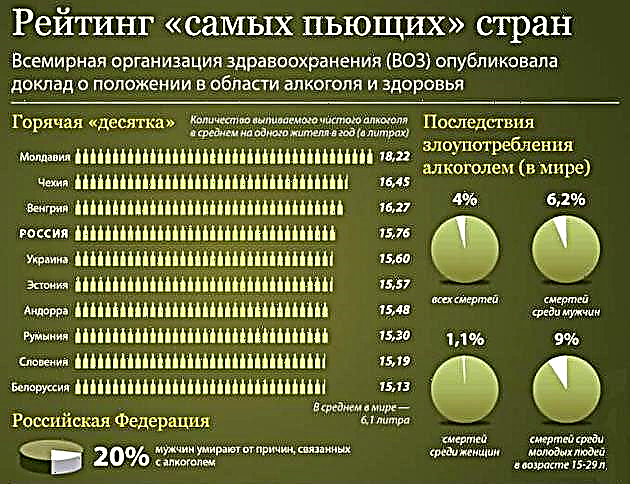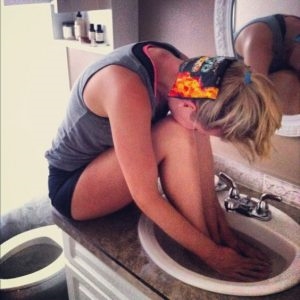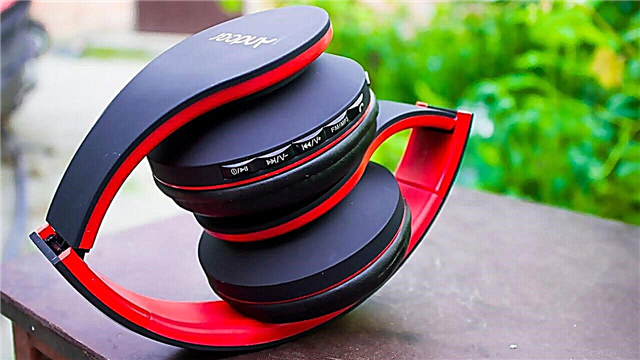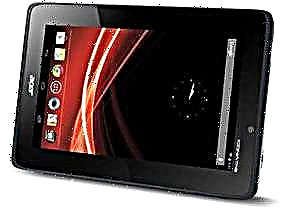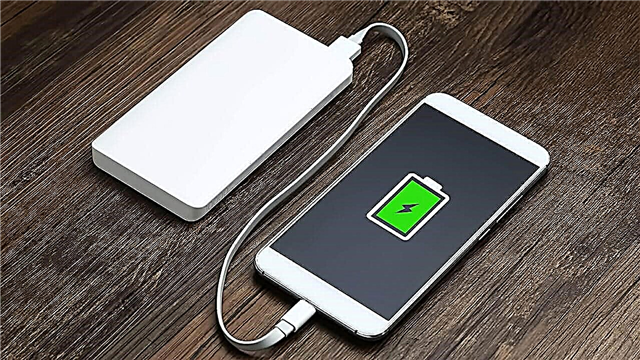Traveling is an interesting and informative business. However, it is worth to be in a foreign city without the necessary pills and the vacation will be ruined. We present you a kind of first-aid kit, a list of drugs on the road to the sea, abroad or on a hike. This is a required minimum, which should be in the first-aid kit of any tourist.
7. Dressings
 Even tourists who prefer a relaxing holiday, do not always manage to avoid cuts, small wounds or deep scratches. For example, you can get injured by stepping on a shell on the seabed. And what can we say about outdoor enthusiasts. Therefore, a bandage and adhesives should always be in the travel kit.
Even tourists who prefer a relaxing holiday, do not always manage to avoid cuts, small wounds or deep scratches. For example, you can get injured by stepping on a shell on the seabed. And what can we say about outdoor enthusiasts. Therefore, a bandage and adhesives should always be in the travel kit.
6. Antiseptics
 In sixth place of our list of medicines for tourists are the well-known iodine and zelenka. If you have very sensitive skin or are simply afraid of the burning sensation that these products cause, use colloidal silver or povidone iodine to treat the wounds.
In sixth place of our list of medicines for tourists are the well-known iodine and zelenka. If you have very sensitive skin or are simply afraid of the burning sensation that these products cause, use colloidal silver or povidone iodine to treat the wounds.
5. Activated carbon
 These inexpensive pills are the most essential travel medicines. They work miracles, saving both from "diarrhea of travelers" and from abdominal pain, and from food poisoning and from increased acidity of the stomach and even from increased gas formation. Coal absorbs toxins and inhibits their absorption, so you can get rid of them the next time you defecate. Coal itself is also not absorbed and excreted along with feces.
These inexpensive pills are the most essential travel medicines. They work miracles, saving both from "diarrhea of travelers" and from abdominal pain, and from food poisoning and from increased acidity of the stomach and even from increased gas formation. Coal absorbs toxins and inhibits their absorption, so you can get rid of them the next time you defecate. Coal itself is also not absorbed and excreted along with feces.
As an alternative to activated charcoal, it is advisable to take Smecta powder, an enterosorbent that helps with diarrhea, heartburn and bloating in the stomach, as well as other symptoms typical of problems with the organs of the gastrointestinal tract.
4. Bifiform (probiotics)
 Regular intake of probiotics is one of the best ways to prepare your digestive system for a trip to another country that is distinguished by unusual Russian cuisine and fruits. The beneficial bacteria in probiotics help keep your stomach in top-notch shape. Probiotics must be taken daily for several months before the trip and stored at a temperature not exceeding 25 degrees.
Regular intake of probiotics is one of the best ways to prepare your digestive system for a trip to another country that is distinguished by unusual Russian cuisine and fruits. The beneficial bacteria in probiotics help keep your stomach in top-notch shape. Probiotics must be taken daily for several months before the trip and stored at a temperature not exceeding 25 degrees.
An alternative to Bifiform is Linex, which contains Bifidobacterium infantis, Lactobacillus acidophilus and Enterococcus fakum.
3. Ibuprofen (antipyretic, analgesic)
 Refers to non-steroidal anti-inflammatory drugs (NSAIDs). This medicine, necessary for any tourist, works by blocking the formation of hormones that cause inflammation and pain in the body. Used to reduce fever and treat pain or inflammation caused by headache, toothache, back pain, arthritis, menstrual cramps, or minor injuries. Ibuprofen is used to alleviate the condition of adults and children from 6 months of age.
Refers to non-steroidal anti-inflammatory drugs (NSAIDs). This medicine, necessary for any tourist, works by blocking the formation of hormones that cause inflammation and pain in the body. Used to reduce fever and treat pain or inflammation caused by headache, toothache, back pain, arthritis, menstrual cramps, or minor injuries. Ibuprofen is used to alleviate the condition of adults and children from 6 months of age.
Also on a trip, you need to grab the antipyretic and non-narcotic pain medication Paracetamol. It may be an alternative for those for whom Ibuprofen does not help. Both Ibuprofen and Paracetamol are inexpensive analogues of medicines for colds and flu (generics) that should not be taken by pregnant women in the 3rd trimester. Paracetamol should not be given to children under 1 month of age.
2. Claritin (for allergies)
 On the second line in our selection is a drug that blocks histamine receptors and thereby prevents the development of an allergic reaction. It belongs to antiallergic drugs of the 2nd generation, that is, it does not cause drowsiness, which distinguishes the popular, but already obsolete Suprastin. However, Suprastin acts faster, so it is advisable to have both drugs in the medicine cabinet. The list of the most effective allergy medications is headed by Erius, however, its price is 2.5 times higher than other popular drugs.
On the second line in our selection is a drug that blocks histamine receptors and thereby prevents the development of an allergic reaction. It belongs to antiallergic drugs of the 2nd generation, that is, it does not cause drowsiness, which distinguishes the popular, but already obsolete Suprastin. However, Suprastin acts faster, so it is advisable to have both drugs in the medicine cabinet. The list of the most effective allergy medications is headed by Erius, however, its price is 2.5 times higher than other popular drugs.
Instead of Claritin, you can take Zirtek or Telfast.
1. Asterisk balm (local antiviral agent)
 A universal medicine for tourists and a means tested over the years that helps with the first signs of a cold, and with a headache and with a runny nose and insect bites. The main thing is to transfer the "vigorous" smell of the balm, although it is even pleasant to some. It is necessary to use it exclusively externally, applying balm under the nostrils for rhinitis, on the temples and the back of the head for headaches, on the place bitten by an insect, and on the back and stomach for colds.
A universal medicine for tourists and a means tested over the years that helps with the first signs of a cold, and with a headache and with a runny nose and insect bites. The main thing is to transfer the "vigorous" smell of the balm, although it is even pleasant to some. It is necessary to use it exclusively externally, applying balm under the nostrils for rhinitis, on the temples and the back of the head for headaches, on the place bitten by an insect, and on the back and stomach for colds.
Remember that the list of medicines in the traveler’s first-aid kit at sea or on a long journey must necessarily include all of the listed drugs, however, when traveling with children, you can always supplement it with drugs at your discretion.


